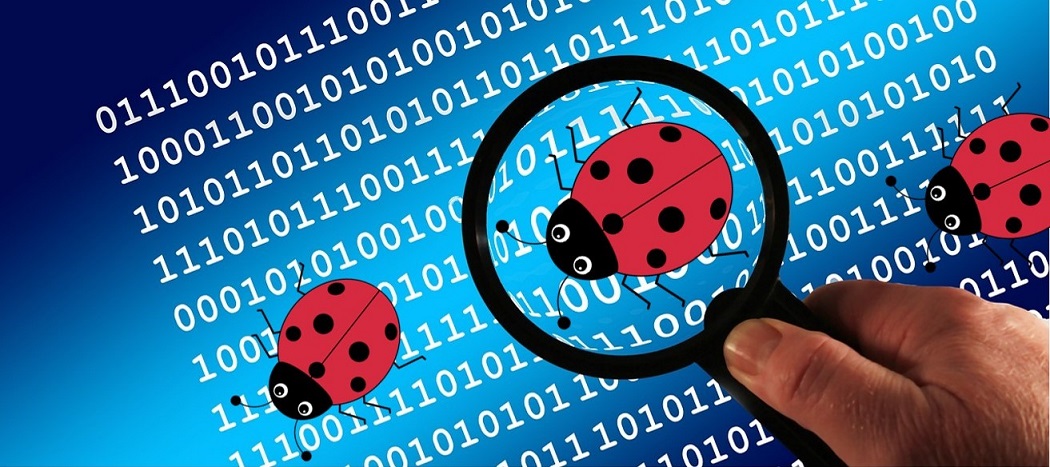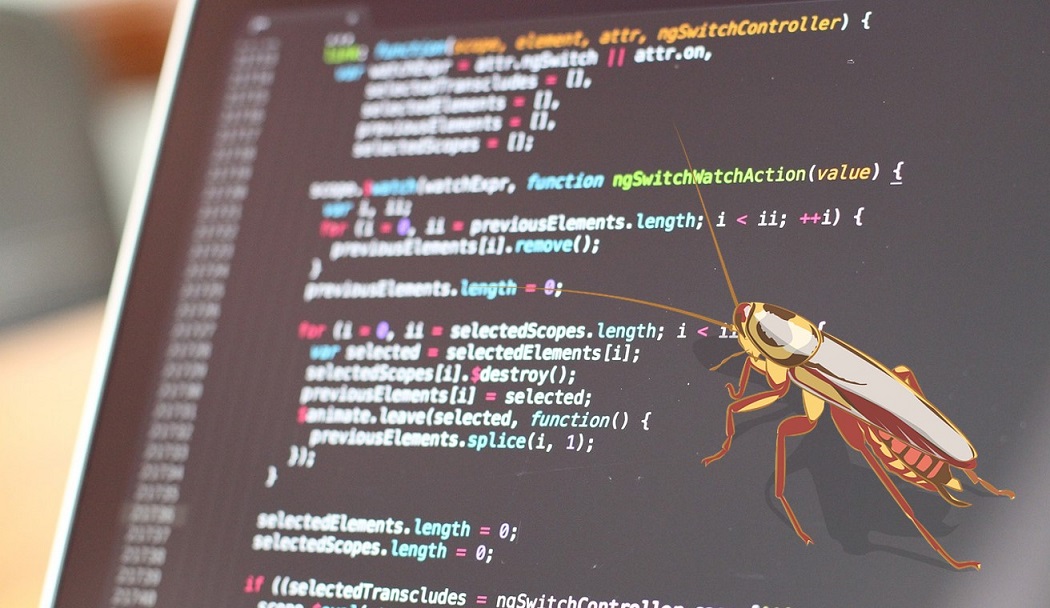A Scrum Master recently asked me: What should he do if the team members don’t want to do the daily standup every day? After all, he told me, the daily stand up should happen every day, shouldn’t it?
Well, first thing’s first. One thing you should know about Scrum is, that if you don’t hold the daily standup at the same time, same place each and every day, the Scrum Police will not pay a visit. There will be no embarrassing scenes of people taken, handcuffed, into the Scrum Police car, no paparazzi photographers will be there, taking mugshots of teammates for the Scrum Culprits Weekly magazine front page. None of that, guaranteed.
More important is to understand – why hold a daily standup in the first place? And why same place, same time?
When I asked him, he wasn’t sure, initially. Then he said – so we know when we have problems, and we can fix them. And same place, same time so people have less reason to be late.
Good answer – as long as a) problems get identified during the daily stand-up; and b) these problems don’t get solved anyway in the course of a normal workday.
But there is more to a daily standup than solving problems.
That is, for example, what is the relation between a daily stand-up and Scrum values and principles?
To answer that, here’s a short list of questions that a good daily standup might answer.
As a Scrum Master you want to do something if such questions do not get good answers.
- Are we on track for our Sprint goals?
- Are we working on the right things?
- How well are we in sync on what we do?
- In what ways can we help one another?
- In what ways are we in each others’ way?
- Is there anything we should let our stakeholders or product owner know?
- Are there any problems that we should be solving together with external stakeholders (e.g other teams, external vendors, etc)?
- Should we prepare additional work in case we complete all of this sprints’ backlog?
During a good daily standup each team member should contribute to providing answers to these questions.
If they don’t, here are some things you might want to check with the team:
- Are we operating as a team, working towards common goals? Or are we just a group of individuals who happen to work together on similar tasks? Typically this happens when each team member is working on different topics/requirements from the Sprint backlog.
- Do we have the right skills to complete are tasks? Or should we be investing in acquiring new skills to our team?
- Are we enjoying working together? Should we arrange for some “quality time”, just having fun together?
- Do we feel safe in our work environment? For example, is fear of criticism from our manager making us passive and reactive (instead of proactive and happy?) What could happen to make us feel safer at work? Who can help us with that?
- Is Scrum the right framework for our kind of work? Maybe we want to explore other options?
How to run your daily standup?
A recommended practice is for each teammate to answer three questions:
- What have we accomplished since our last standup?
- What will we achieve by our next standup?
- What stands in our way from achieving that?
Note that these 3 questions are not about what we or I did and going to do, rather they are on what we have accomplished and are going to achieve. We want to focus on outcomes, not on a log of activities.
Note also, that there are many ways to run a daily standup. You can start by following these questions, and then experiment with alternative ways, and find what works for your team.
For example, you might want to try going through the Scrum board top to bottom (most to least important) and let the person handling the specific task explain what will get done before tomorrow.
Or you can try having the person not working on the task explain what is the status – that way knowledge on remaining work propagates through the team.
Which ever way you choose, pick something that is quick, fun and serves its purpose.
After all, there is no Scrum Police. And that means that the only people responsible to get the job properly done are… you!
Image by BruceEmmerling on pixabay









